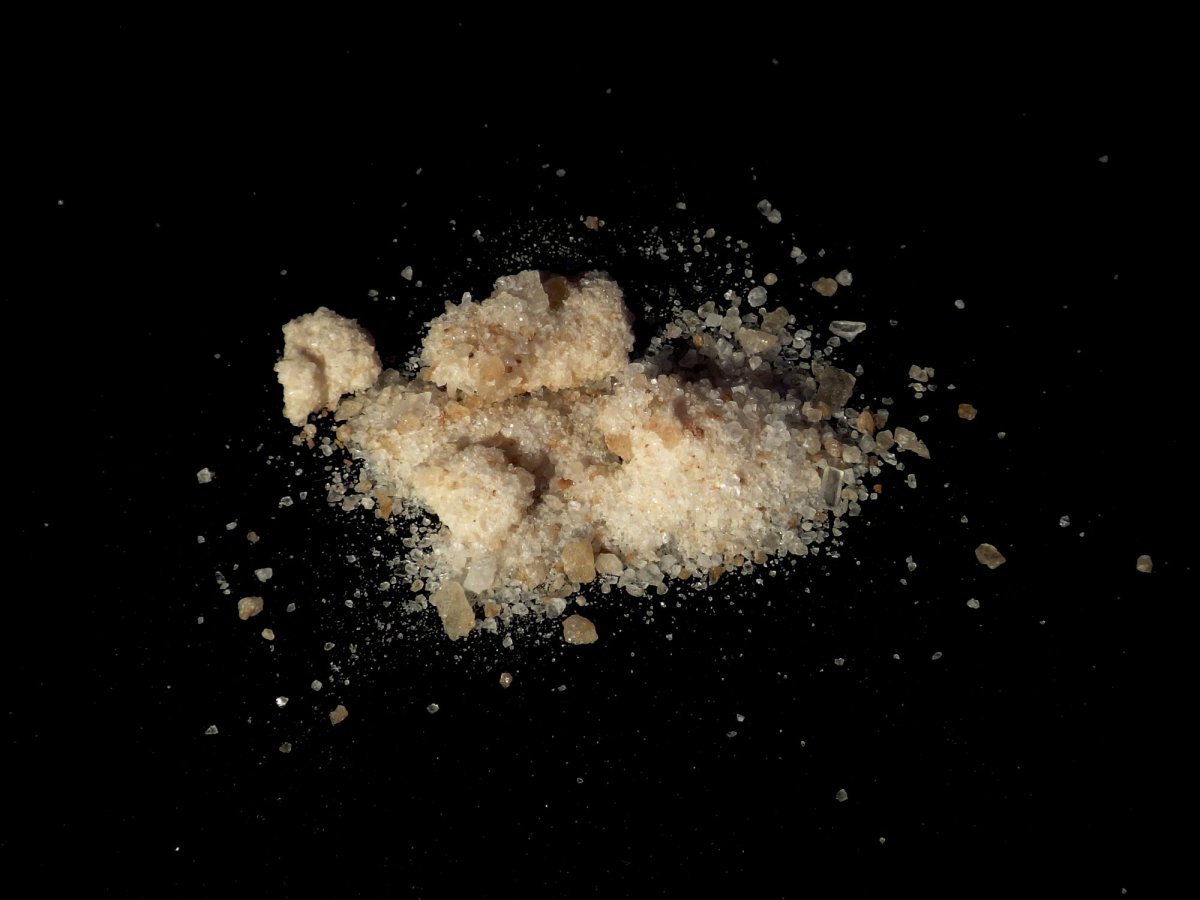The illegal party drug MDMA could help restore a person's trust in others, a study has found.
Researchers at King's College London and the University of Roehampton, U.K., set out to investigate how MDMA affects how we co-operate in social settings when faced with untrustworthy characters.
The team carried out its work in a controlled laboratory environment, using a pure form of the drug which is the active ingredient in the party drug ecstasy.
In a double-blind trial, 20 men were given either 100 milligrams of MDMA or a placebo while hooked up to brain imaging equipment. They were asked to play a game that tested their trust in other participants.

According to the study published in the journal JNeurosci, those who took MDMA were more likely to regain their trust in players who were not cooperative in the game when compared with those who had taken a placebo.
Brain scans revealed that MDMA appears to change how parts of the brain associated with social interactions process this behavior. And an area known as the insula appeared to bring together social information differently, depending on the type of person the participants were interacting with, Anthony Gabay, study author of the neuroimaging department at King's College London, explained.
He told Newsweek: "If the partner was generally trustworthy, then participants in our study were more cooperative on MDMA than placebo. This was not the case when they were interacting with a generally untrustworthy partner. In this case, MDMA did not cause our participants to be naively cooperative when it was unlikely to be reciprocated.
"Significantly, these differences in brain activity were seen only when participants received feedback of the other person's behavior, not when making their own decision as to whether or not to cooperate. This means that we were able to shed light on which aspect of social interactions are most affected by MDMA."
As with all studies, the results were weakened by certain limitations. Gabay acknowledged these included the fact all participants were male. The experiments were conducted in this way in order to prevent hormones from skewing the results.
Nevertheless, Gabay said the research was important for expanding knowledge of how drugs might alter social cognition.
"This has applications in testing novel drug therapies for mood and anxiety disorders. It also tells us which parts of the task a drug may alter so we can target that to parts of behavior people are having difficulty with," he said.
The research has emerged amid what is known as the psychedelic renaissance, with scientists researching psychoactive drugs such as MDMA, magic mushrooms and LSD for their potential capacity to treat mental illness in controlled medical environments.
Currently, researchers at the Multidisciplinary Association for Psychedelic Studies in the U.S. are carrying out phase III clinical trials on MDMA, to test if the drug can be used to treat post-traumatic stress disorder.
"Considering the profound effect of MDMA on one's conscious experience, it is essential to fully understand all of the drug's effects, not only how it treats core symptoms of specific conditions," commented Gabay.
Professor David Nutt, director of the Neuropsychopharmacology Unit in the Division of Brain Sciences at Imperial College London, U.K. who was not involved in the research, highlighted that this was the first formal scientific study on the impact of MDMA on sociability. He told Newsweek the study did not have any downfalls.
The findings mirror a similar project being carried out by his team, which has not yet been published in a journal, he said.
Nutt argued researching psychoactive drugs is important because "they offer a new and powerful way to heal the brain."
This article has been updated with comment from Professor David Nutt.
Uncommon Knowledge
Newsweek is committed to challenging conventional wisdom and finding connections in the search for common ground.
Newsweek is committed to challenging conventional wisdom and finding connections in the search for common ground.
About the writer
Kashmira Gander is Deputy Science Editor at Newsweek. Her interests include health, gender, LGBTQIA+ issues, human rights, subcultures, music, and lifestyle. Her ... Read more
To read how Newsweek uses AI as a newsroom tool, Click here.








